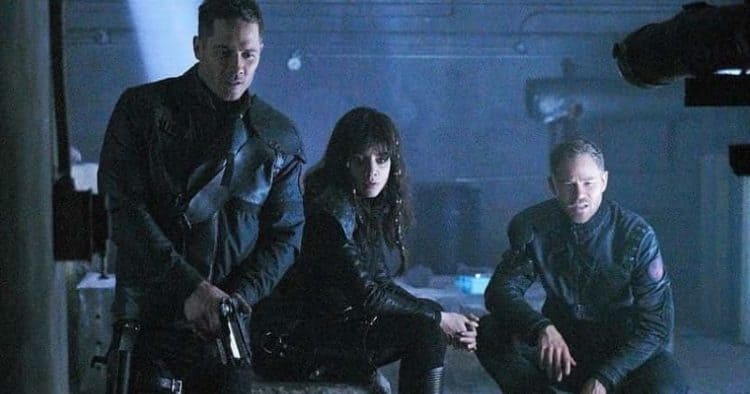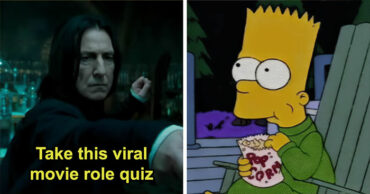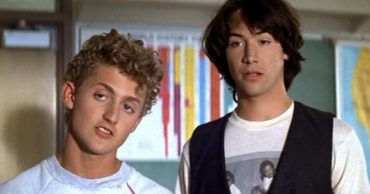
“Killjoys” is a Sci-Fy channel original series for those who enjoy a good science fiction series that is well written and actually has a plot. The world of Killjoys is realistic and believable, that is until you start making note of their advanced technology. It’s detailed and well thought out, and the show actually has some life lessons that we can take from it. Although the reviews have been mixed on the show, the things that we can truly appreciate about it are the social commentary on current trends within society that doesn’t appear to deliver any messages with judgments one way or another. Current issues are raised as a normal part of the storylines, still, they’re present. The bounty hunters who patrol the Quad planets all have backstories and here are the five lessons that we can learn from the show.
1. You don’t have to stand on a soapbox to get your message out
One of the most impressive aspects of “Killjoys” to us has been in their handling of the economic and social issues which exist within the quad. Remarkably, but not surprising, they mimic the same issues that we face on planet earth today. We see active racism along with economic inequalities in these four worlds. The writers delivered the message that these things exist in all worlds, whether or not we like it, and it seems to be a natural phenomenon that occurs as a result of human nature, at least for earthlings. Without making a fuss about it one way or another, it’s just out there for people to think about and to draw their own conclusions about assigning moral or value judgments. You may be wondering, what’s the message then? Perhaps it’s just that each of us should acknowledge that these things exist in abundance and it’s up to each of us as individuals to decide what, if anything we’re going to do about it. The world will go on even if these issues continue to exist, but it’s a matter of your own conscience. Do any of the things that you see bother you? If so, the show has had an impact on you without telling you how to feel, you just do that part on your own. The point is to get people to think about it.
2. It’s tough to remain impartial
Okay, so this might be a bit on the philosophical side, but “Killjoys” shows us that no matter how badly we want to remain impartial, it’s a hard thing to do. The bounty hunters do their best to stay on focus and maintain impartiality, but they also struggle with it. The lesson that we can learn from this class war going on within the Quad is that most people have biases, and it’s not always a bad thing. Biases are preferences and we can dislike something without acting upon it. Even if you act like you’re impartial and take the actions that are socially accepted, it doesn’t mean that you’re impartial. Everyone has their druthers.
3. Life is filled with paradoxes
When Dutch experienced conflicts and pulling emotions after Khylen’s death, he made the acknowledgment that you can both love and hate someone at the same time. While this may be a paradox, it happens and forgiveness is not always something you can do, but it doesn’t mean that you love them any less, nor hate them any less because you love them. It’s nobody else’s business how you feel inside, and you don’t even necessarily need to judge yourself for having these conflicts. Sometimes we just need to accept the paradoxes for what they are and then move on with our lives. Things aren’t always black and white and there’s a lot of gray areas when it comes to feelings and emotions.
4. Enemies can be best friends
There are usually some strong attracting qualities that our enemies possess. Although it’s not always the case, an enemy can walk in the room and change your mood, or perhaps just the casual mention of their names brings about a series of emotions. This tells us that we’ve given that person a degree of power over us through our reactions to them. They are significant to us whether it’s because of fear or anger. In some cases, such as D’Avin and Fancy, we discover that there are enough things we have in common with our enemies that can make them our best friends in an odd sort of way. The old saying that opposites attract is true, and if you have a great deal of respect for your enemies, it’s not a bad thing at all. Find out what life lessons you can learn from them, but don’t give them an advantage over you.
5. Sometimes its better to cooperate than to compete
In the “One Blood” episode of “Killjoys,” Dutch had to compete against high ranking Killjoys in his hunt for a fugitive, but she ran into a situation where her colleagues were forced to enter into a cooperative agreement with their rival in order to give her the aid that she needed. It was the Killjoy that ended up providing the most help when their hands were tied. Sometimes we have to agree to disagree, then work together for the common good of everyone, whether we like it or not. It’s about reaching our goals and bending when necessary because we can’t always do it all on our own and sometimes we find the help that we need in places that we never would have dreamed it would come from. The lesson is that sometimes we need to give in and take help from people we’d rather not owe a debt of gratitude to.
 Follow Us
Follow Us





